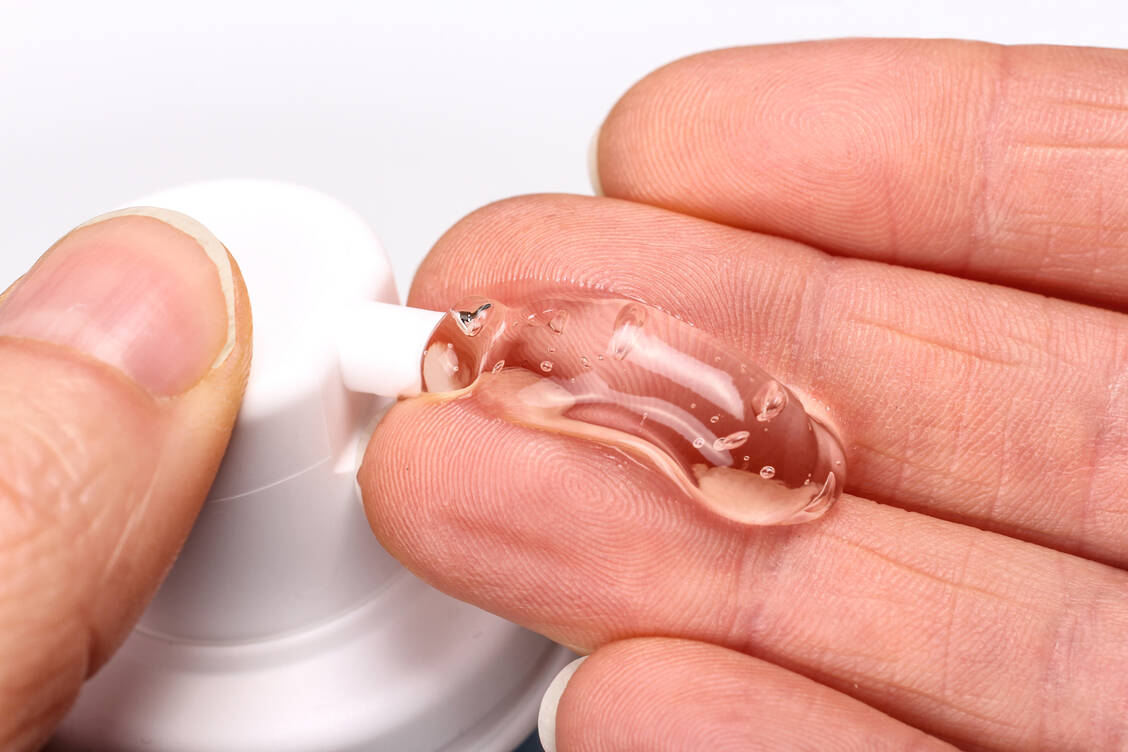POI has various causes. In the majority of those affected - between 50 and 90 percent - doctors cannot find a cause. They therefore refer to these cases as »idiopathic«. This means that the disease occurs without anyone knowing why. In around ten percent of those affected, it is genetic defects that cause POI. The X chromosomes are primarily affected, i.e. the sex chromosome, which is present with two Xs in women and one X in men, combined with the Y chromosome. In addition, autoimmune processes, particularly Addison's disease and autoimmune thyroid diseases, can lead to early egg loss. Last but not least, childhood cancer therapies in the pelvic region often lead to POI. Surgery on the ovaries can also lead to the disease.






